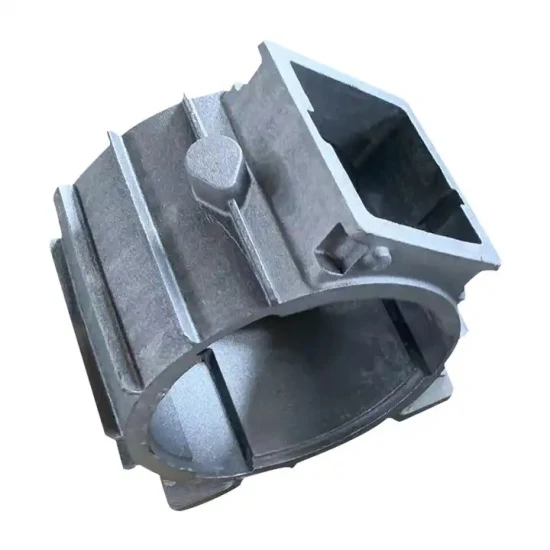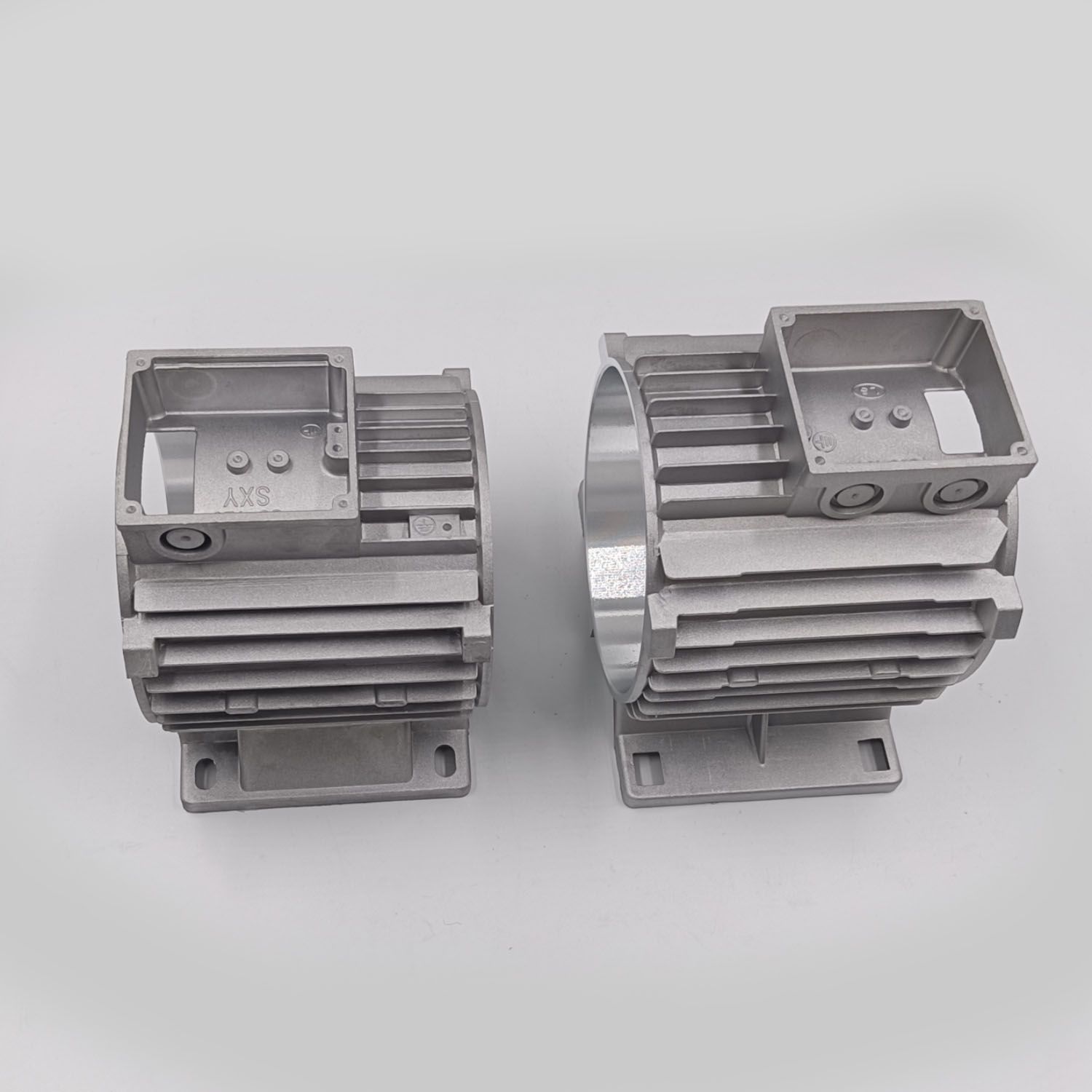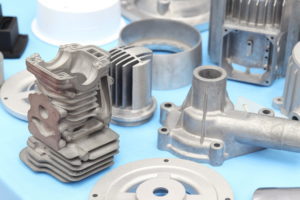Getting The Stahl Specialty Company To Work
Getting The Stahl Specialty Company To Work
Blog Article
Little Known Facts About Stahl Specialty Company.
Table of ContentsStahl Specialty Company Can Be Fun For EveryoneUnknown Facts About Stahl Specialty CompanyThe Ultimate Guide To Stahl Specialty CompanyStahl Specialty Company Can Be Fun For AnyoneRumored Buzz on Stahl Specialty CompanyStahl Specialty Company for Dummies

If you're creating a steel product, you've likely considered utilizing light weight aluminum as the base product. Pure aluminum has actually limited applications, so it is typically integrated with various other elements, such as silicon, magnesium, and manganese to create alloys.
(AA), based in North America, has actually produced specifications that control aluminum alloys' structure, buildings, and classification. There are two types of aluminum alloys functioned and cast.
Stahl Specialty Company for Dummies
Cast aluminum alloys are made by thawing pure aluminum and combining it with various other steels while in fluid form. Then the mix is poured into a sand, die, or financial investment mold and mildew. After solidification, the steel is eliminated from its mold and mildew. At this stage, it remains in either its last kind or as a billet or ingot for more handling.

The fourth figure, which comes after the decimal factor, specifies if the alloy is a spreading (xxx. Wrought aluminum alloys additionally begin by incorporating molten aluminum with other steels. In comparison to cast alloys, nevertheless, they are created into their final shape through procedures such as extrusion, rolling, and flexing after the metal has strengthened into billets or ingots.
There are several minor differences in between wrought and cast light weight aluminum alloys, such as that cast alloys can have extra significant quantities of various other metals than functioned alloys. The most notable difference in between these alloys is the manufacture process via which they will certainly go to deliver the final product. Besides some surface treatments, cast alloys will exit their mold and mildew in virtually the precise solid form wanted, whereas functioned alloys will undergo a number of modifications while in their strong state.
If you think that a wrought alloy might be the ideal for your task, take a look at a few of our posts that clarify more concerning particular wrought alloys, such as Alloy 6061 and Alloy 6063. On the other hand, if you think a cast alloy would certainly be better for you, you can find out more concerning some actors alloys in our Alloy 380 and Alloy 383 articles (coming soon).
The Main Principles Of Stahl Specialty Company
When picking an aluminum shop for your production needs, it's critical to examine numerous elements. One of the most vital aspects to take into consideration is the experience and capability of the shop. Casting Foundry. Picking a shop who has the right expertise of the light weight aluminum casting process, and the profile to show for it, assists to have a successful outcome for your job
Having the experience and sector expertise to craft your spreadings for optimum manufacturing and quality outcomes will simplify the project. Making aluminum castings needs a facility collection of processes to attain the appropriate results. When determining on a new aluminum foundry to partner with, guarantee they have extensive market experience and are educated about all facets of the light weight aluminum casting process: layout, production, material evaluation, and item screening.
The factory should also have a proven performance history of supplying outstanding products that meet or go beyond client expectations. Quality control must also go to the top of your checklist when picking a light weight aluminum foundry. By dealing with a certified foundry who follows the requirements for quality assurance, you can secure the integrity of your item and ensure it meets your requirements.
By choosing a business who uses solutions that fulfill or exceed your product needs, you can be sure that your task will be completed with miraculous precision and efficiency. Certain light weight aluminum factories concentrate on specific types of producing processes or casting techniques. Different parts call for different production techniques to cast aluminum, such as sand casting or pass away casting.
Stahl Specialty Company Fundamentals Explained
Pass away casting is the name offered to the procedure of producing complicated metal elements with usage of molds of the part, additionally known as passes away. The process uses non-ferrous steels which do not contain iron, such as light weight aluminum, zinc and magnesium, due to the preferable residential or commercial properties of the steels such as low weight, higher conductivity, non-magnetic conductivity and resistance to rust.
Die spreading production is fast, making high production degrees of parts simple. It generates even more elements than any type of other process, with a high level of precision and repeatability. For more information regarding die spreading and pass away spreading materials used while doing so, continued reading. There are 3 sub-processes that drop under the group of die casting: gravity pass away casting (or permanent mold spreading), low-pressure die casting and high-pressure die spreading.
No matter the sub-process, the die casting procedure can be broken down into 6 steps. After the pureness of the alloy is evaluated, dies are developed. To prepare the needs casting, it is essential that the dies are clean, to make sure that no deposit from previous manufacturings remain. After cleansing, the ejection lubrication is put on the die to ensure a smooth release.
The Ultimate Guide To Stahl Specialty Company
The pure steel, likewise understood as ingot, is included to the heater and maintained at the molten temperature of the metal, which is then transferred to the shot chamber and injected right into the die. The stress is then preserved as the metal solidifies. As soon as the metal solidifies, the cooling procedure starts.
(https://www.merchantcircle.com/stahl-specialty-company1-kingsville-mo#tips)
The thicker the wall surface of the part, the longer the cooling time due to the quantity of indoor metal that also requires to cool. After the element is completely cooled down, the die cuts in half open and an ejection device pushes the component out. Adhering to the ejection, the die is closed for the following shot cycle.
The flash is the extra product that is cast throughout the procedure. This have to be trimmed off making use of a trim tool to leave just the primary component. Deburring gets rid of the smaller items, called burrs, after the cutting procedure. Lastly, the element is polished, or burnished, to offer it a smooth coating.
Our Stahl Specialty Company PDFs

Zinc is one of the most secondhand alloys for die casting due to its reduced expense of raw materials. Its corrosion resistance also permits the parts to be lengthy long-term, and it is one of the much more castable alloys due to its lower melting point.
As discussed, linked here this alloy is one of one of the most typically made use of, yet manufactures will, sometimes, pick aluminum over zinc because of aluminum's production benefits. Light weight aluminum is highly cost-effective and one of the much more versatile alloys. Light weight aluminum is used for a variety of different products and industries anything from home window frames to aerospace materials.
Report this page